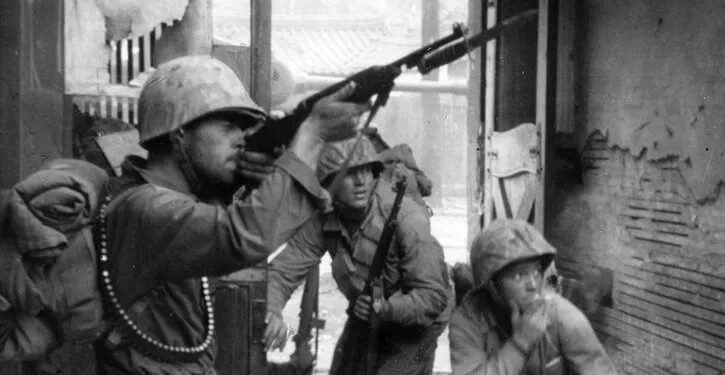The year 1950 marked a significant turning point in global history with the outbreak of the Korean War, a conflict that shaped the geopolitical landscape of the Cold War era. The war began on June 25, 1950, when North Korean forces, backed by the Soviet Union and China, crossed the 38th parallel and invaded South Korea. This aggressive move aimed to unify Korea under communist rule, triggering a rapid and intense international response.
At the time, Korea was a nation divided by ideology. After World War II, Korea had been liberated from Japanese occupation, only to be split along the 38th parallel, with the Soviet Union occupying the North and the United States occupying the South. This division created two distinct governments: the communist Democratic People’s Republic of Korea in the North, led by Kim Il-sung, and the capitalist Republic of Korea in the South, led by Syngman Rhee.
The North Korean invasion was swift and initially successful, capturing the South Korean capital, Seoul, within days. This alarming development prompted the United Nations, with strong urging from the United States, to act. President Harry S. Truman viewed the invasion as a direct challenge to the post-World War II international order and a test of the U.S. policy of containment, which sought to prevent the spread of communism. Consequently, the United Nations Security Council passed Resolution 82, calling for the cessation of hostilities and the withdrawal of North Korean forces.
In response, a coalition of forces from 21 countries, led predominantly by the United States, intervened under the U.N. banner. American troops, along with forces from the United Kingdom, Canada, Australia, and other nations, were swiftly deployed to the Korean Peninsula. Despite initial setbacks, the U.N. forces managed to stabilize the situation and launched a counteroffensive, most notably with the daring amphibious landing at Incheon in September 1950, masterminded by General Douglas MacArthur.
The conflict soon escalated with China’s entry into the war in October 1950, sending hundreds of thousands of troops to aid North Korea. This intervention led to a protracted and brutal stalemate, with neither side able to secure a decisive victory. The fighting caused immense devastation, with millions of Korean civilians caught in the crossfire and cities left in ruins.
The Korean War, often referred to as “The Forgotten War” due to its overshadowing by World War II and the Vietnam War, formally concluded with an armistice on July 27, 1953. However, no peace treaty was signed, leaving the Korean Peninsula technically still at war. The conflict left an indelible mark on international relations, solidifying the division of Korea and setting the stage for ongoing tensions that persist to this day.
Source: newshub


Recent Comments